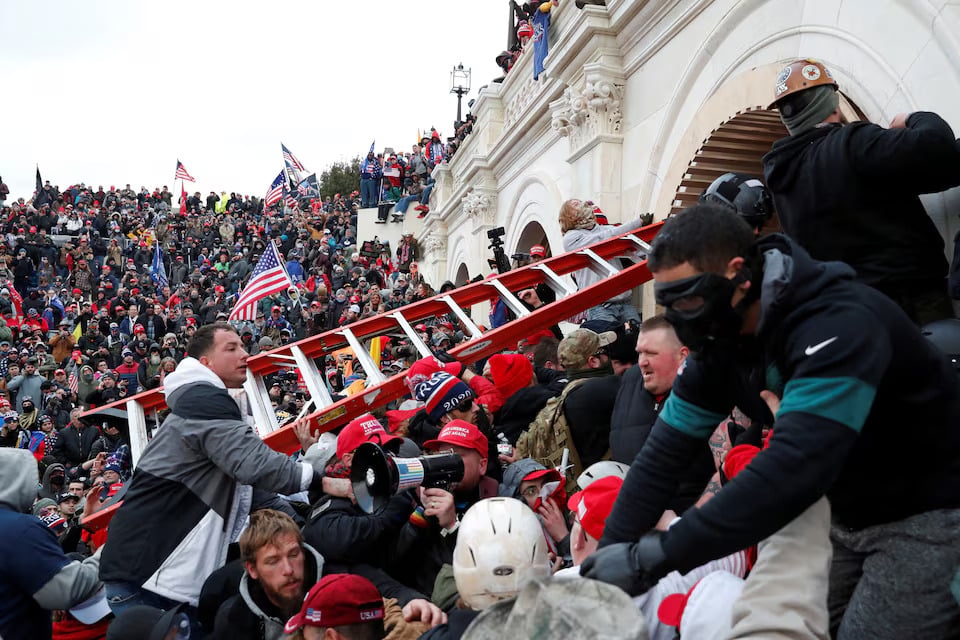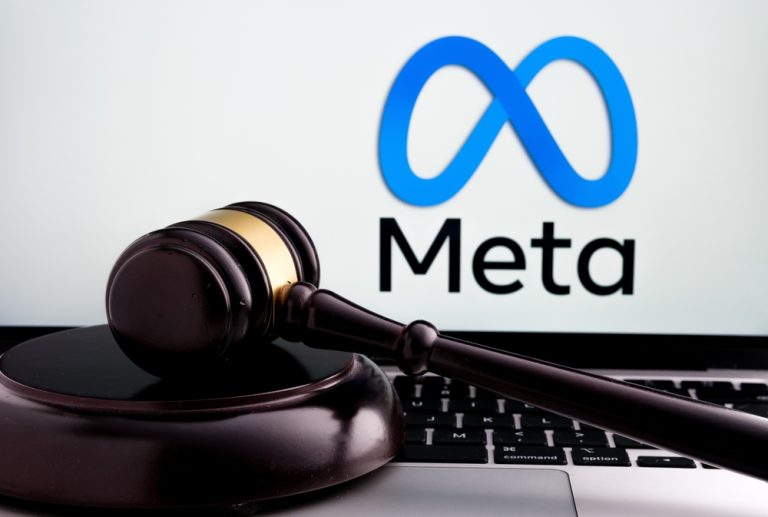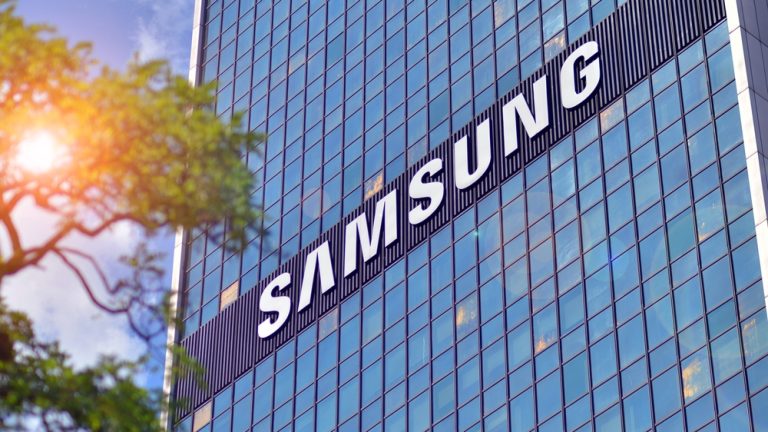In a pivotal session that could reshape the landscape of American jurisprudence, the U.S. Supreme Court recently demonstrated a conservative tilt as justices debated the validity of obstruction charges against Joseph Fischer, a participant in the January 6, 2021, Capitol riot. This case not only tests the boundaries of the obstruction statute but also carries significant implications for former President Donald Trump, who faces similar charges. The discourse centered around whether the 2002 Sarbanes-Oxley Act, initially enacted following the Enron scandal, could justifiably apply to actions like those on January 6, which included violently disrupting the congressional certification of the presidential election results.
During the proceedings, Solicitor General Elizabeth Prelogar faced probing questions from conservative justices, revealing a deep skepticism of the broad application of the law to non-evidence tampering situations. Justice Clarence Thomas highlighted the novelty of applying such a statute to violent protests aimed at halting a federal process. Conversely, Trump’s legal challenges also loom large as the Supreme Court’s decision could directly impact the strategies employed in his defense against charges of attempting to overturn his election defeat.
The arguments exposed a sharp divide among the justices. Jeffrey Green, representing Fischer, argued for a stringent interpretation that limits the statute to evidence tampering. Meanwhile, liberal justices like Sonia Sotomayor and Elena Kagan contended for a broader interpretation encompassing various forms of disruption to official proceedings. The discussions underscored the potential for the law to affect not only violent disruptions but also peaceful protests, thereby invoking concerns about civil liberties.
As the legal community and the public eye this case, its outcome is poised to influence future prosecutions related to the Capitol riot and how obstruction laws are applied in politically sensitive contexts. A decision to narrow the scope of the statute could complicate, although not preclude, the pursuit of obstruction charges against high-profile figures like Donald Trump. This case thus stands at the confluence of legal interpretation, political consequences, and the ongoing debate over the limits of prosecutorial power.
The Supreme Court’s decision in the Joseph Fischer case will have far-reaching consequences, touching on the foundations of legal accountability in political contexts. As the nation awaits a ruling, the implications for how justice is administered in cases of national significance—especially those involving attempts to disrupt democratic processes—remain profoundly significant. The Court’s ultimate stance on this matter could redefine the scope of obstruction charges and, by extension, shape the political narrative in the United States for years to come.






















